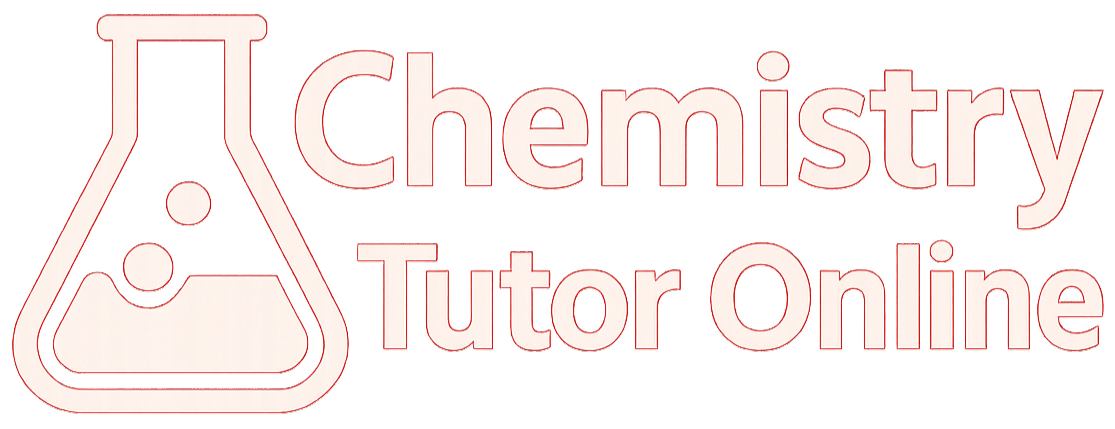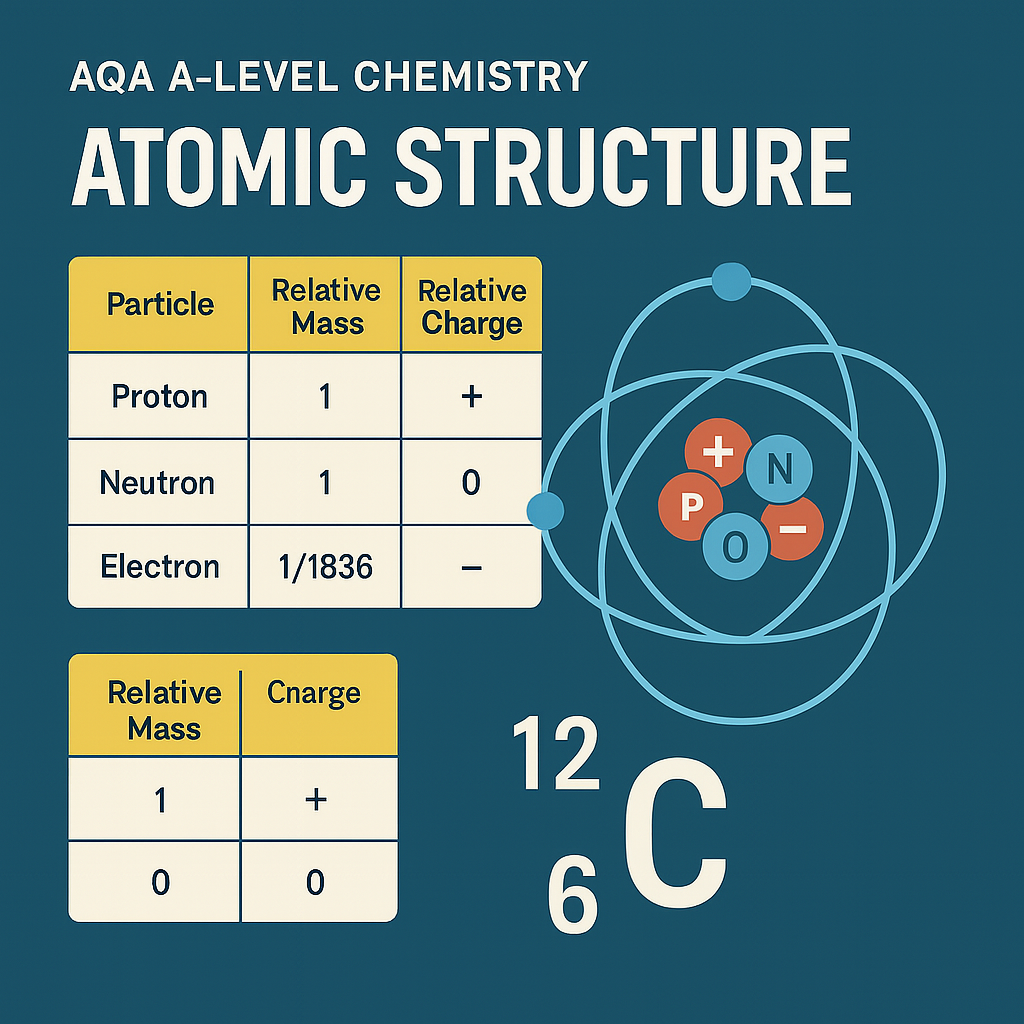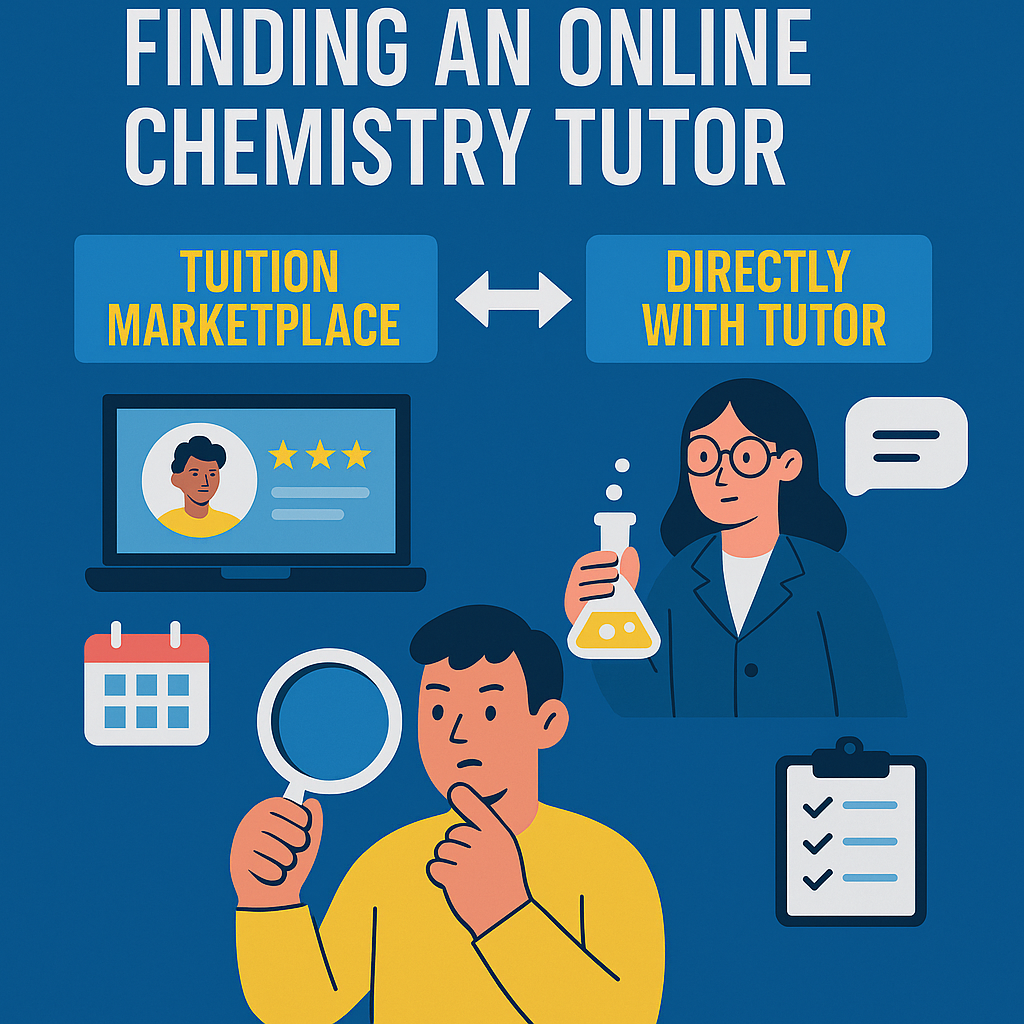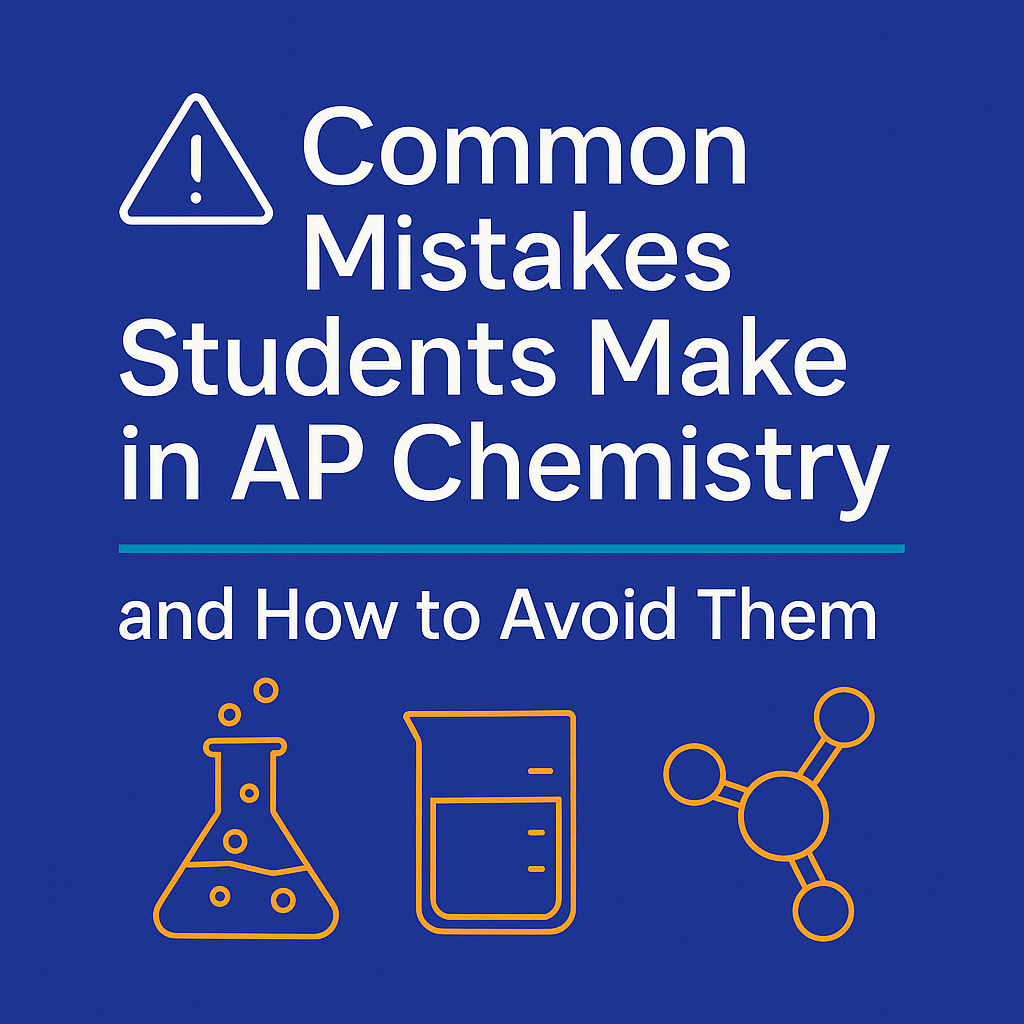GCSE Combined vs Triple Science: What You Need to Know Before You Choose
If your state school makes Triple Science selective, it’s essential to demonstrate readiness through performance and attitude in Year 9.
If your child is approaching Year 9 or Year 10 in the UK, you may have heard of the two main science pathways at GCSE: Combined Science and Triple Science (also known as Separate Sciences). But what’s the real difference? How does it affect future opportunities? And how do students get selected—especially in state schools?
This blog explains everything you need to consider, including how the decision works in state vs private schools, what it means for A-Level and university choices, and how to succeed no matter which path you’re on.
Combined vs Triple Science: What’s the Difference?
GCSE Combined Science:
Covers Biology, Chemistry, and Physics
But you get two GCSE grades (e.g., 6–6 or 7–6)
Slightly less content than Triple Science
Taught over the same timetable space as Triple in many schools
Suitable for students aiming for science GCSEs without intending to pursue all sciences at A-Level
GCSE Triple Science (Separate Sciences):
You study Biology, Chemistry, and Physics as three distinct GCSEs
You receive three separate grades (e.g., 8 in Bio, 7 in Chem, 6 in Physics)
Includes more depth, extra practicals, and additional content
Often taught in more timetable hours
Favoured by students who enjoy science and may want to pursue STEM at A-Level or university
How Do You Get Selected for Triple Science in State Schools?
In the state school system, Triple Science is sometimes treated as a selective option. It’s not always open to every student.
How selection often works:
Assessment performance in Year 9 or early Year 10 (teacher assessments, exams)
Teacher recommendation based on ability, effort, and maturity
Availability of timetable space or resources – not every school can run Triple for the whole cohort
Student preference – in some schools, students opt in (if allowed), while others are placed by the school
What you can do to improve your chances:
Show consistent effort and enthusiasm in Year 9 science lessons
Ask your science teacher what’s required to be considered for Triple
Revise for Year 9 assessments—they often influence placement
If borderline, ask for a trial or to be placed in Triple with the opportunity to step down if needed
🎯 Key point: If your school makes Triple Science selective, it’s essential to demonstrate readiness through performance and attitude in Year 9.
What About Private Schools?
Private schools (independent schools) tend to handle this differently:
Many automatically enter students for Triple Science (especially in academic or selective schools)
They may have smaller class sizes, more science lessons per week, and greater curriculum flexibility
There’s often less of a need to choose—Triple is the default, unless the student struggles
In short: If you’re in the independent sector, it’s usually easier to access Triple Science without the gatekeeping that may exist in state schools.
Should You Worry If You're Only Doing Combined Science?
The short answer is: Not necessarily.
Combined Science students can still:
Achieve top grades (up to 9–9)
Go on to take A-Level Biology, Chemistry, or Physics
Apply for STEM degrees, including medicine and engineering
Perform just as well as Triple students at A-Level—if they fill in the gaps with extra effort
But here’s what to bear in mind:
If you want to do all three sciences at A-Level, you may find it harder without the deeper foundation of Triple
Some top-tier sixth forms or selective colleges may prefer or favour Triple Science
You may need to do extra preparation over the summer between GCSE and Year 12
In practice: If you’re motivated, a good teacher or tutor can help you bridge the content gap.
🧪 Does Triple Science Give You an Advantage?
Yes—but with caveats.
Advantages of Triple Science:
You cover more advanced material, especially in Chemistry and Physics
It’s better preparation for A-Level (especially Physics and Chemistry)
You’ll be more familiar with practical techniques and scientific vocabulary
If you’re applying for medicine, dentistry, or veterinary science, Triple can strengthen your profile
However…
Combined Science students can absolutely succeed at A-Level and beyond—it just takes clarity, planning, and extra revision in Year 12.
What Should You Think About When Deciding?
Here’s a quick checklist for students and parents considering whether to push for or opt into Triple Science:
GCSE Science Option Questions & Why It Matters
Do you enjoy science and want to pursue it post-16? —-> If yes, Triple is likely the better fit
Are you confident in your ability to keep up with extra content? —-> Triple is more demanding—be realistic
Does your school restrict access to Triple Science? —-> Understand your school’s policy early
Are you aiming for STEM A-Levels or medicine? —-> Triple gives you a head start
Would Combined allow better balance with other subjects you’re stronger in? —-> If science isn't your priority, Combined may make sense
What If You Regret Not Doing Triple?
It’s never too late.
Many students who take Combined Science and later fall in love with Chemistry or Physics catch up in Year 12 with no problems—especially if they work hard, get a tutor, or follow a structured summer revision plan.
In fact, some schools specifically support Combined students with bridging resources before starting A-Level sciences.
Key Takeaways
Triple Science is ideal for students aiming for science A-Levels and STEM careers, especially in medicine and engineering.
Combined Science is still rigorous and allows you to take sciences post-16 if you’re motivated and supported.
In state schools, Triple Science may be selective—start preparing early in Year 9 if you want a spot.
In private schools, Triple is usually the default and more widely offered.
Not taking Triple won’t block your future—but you’ll need to close the gap independently if you pursue science later.
🎓 Need Support in GCSE Science—Combined or Triple?
Whether you’re preparing for science assessments in Year 9 or aiming for a 9–9 in Combined Science, expert tutoring can help you feel confident, capable, and exam-ready.
Book a 15 mins consultation with Dr. Marguerite Quinn, PhD in Chemistry and experienced online tutor, to get personalised support no matter your path.





Understand AQA A-Level Chemistry Section 3.1.1.2 on mass number and isotopes. Learn key definitions, isotope notation, calculations, and how this topic builds your scientific and exam skills.